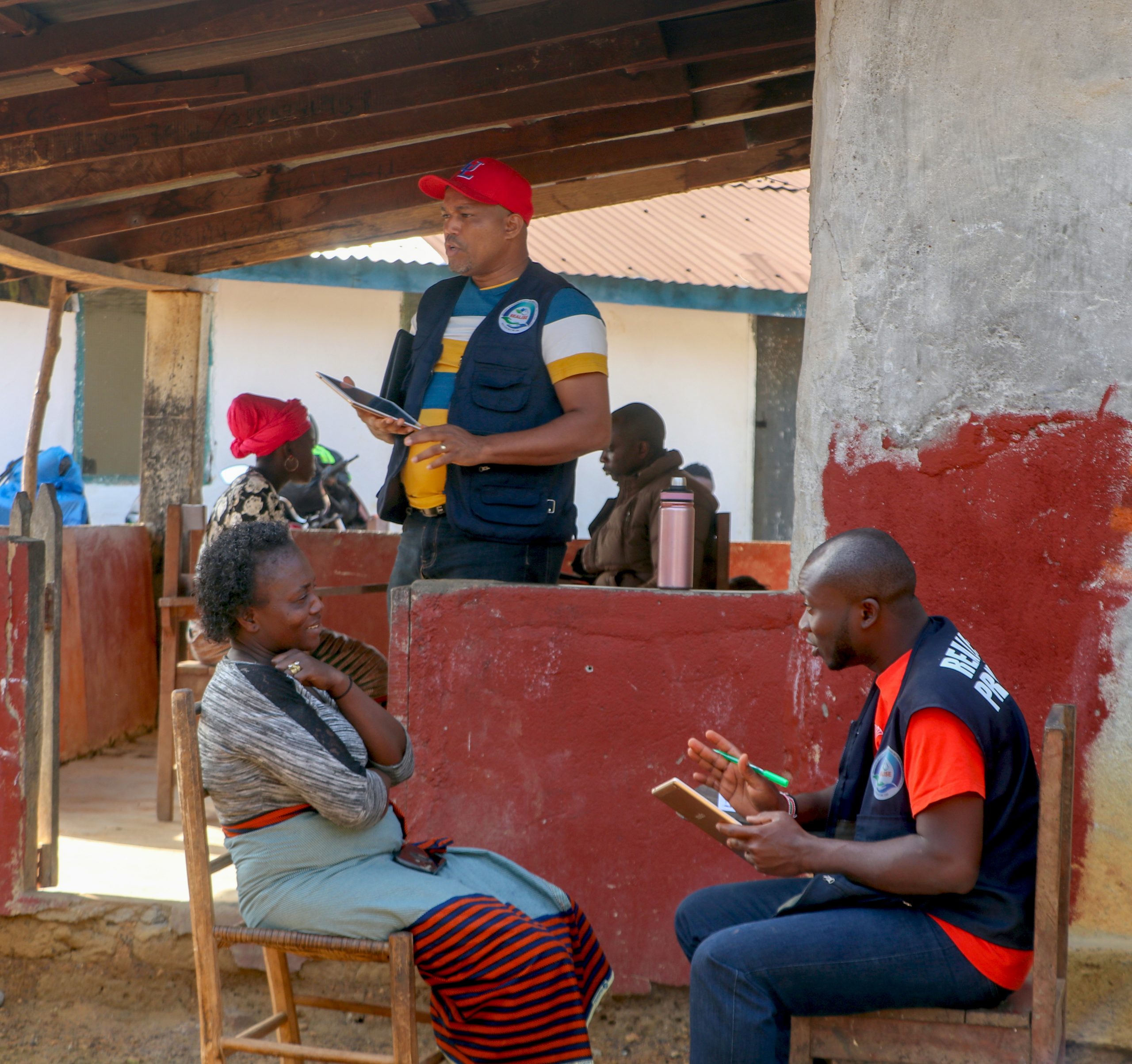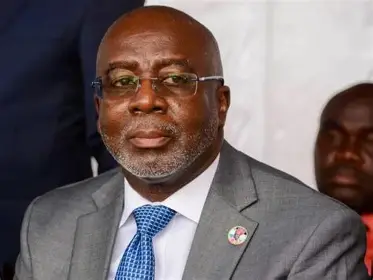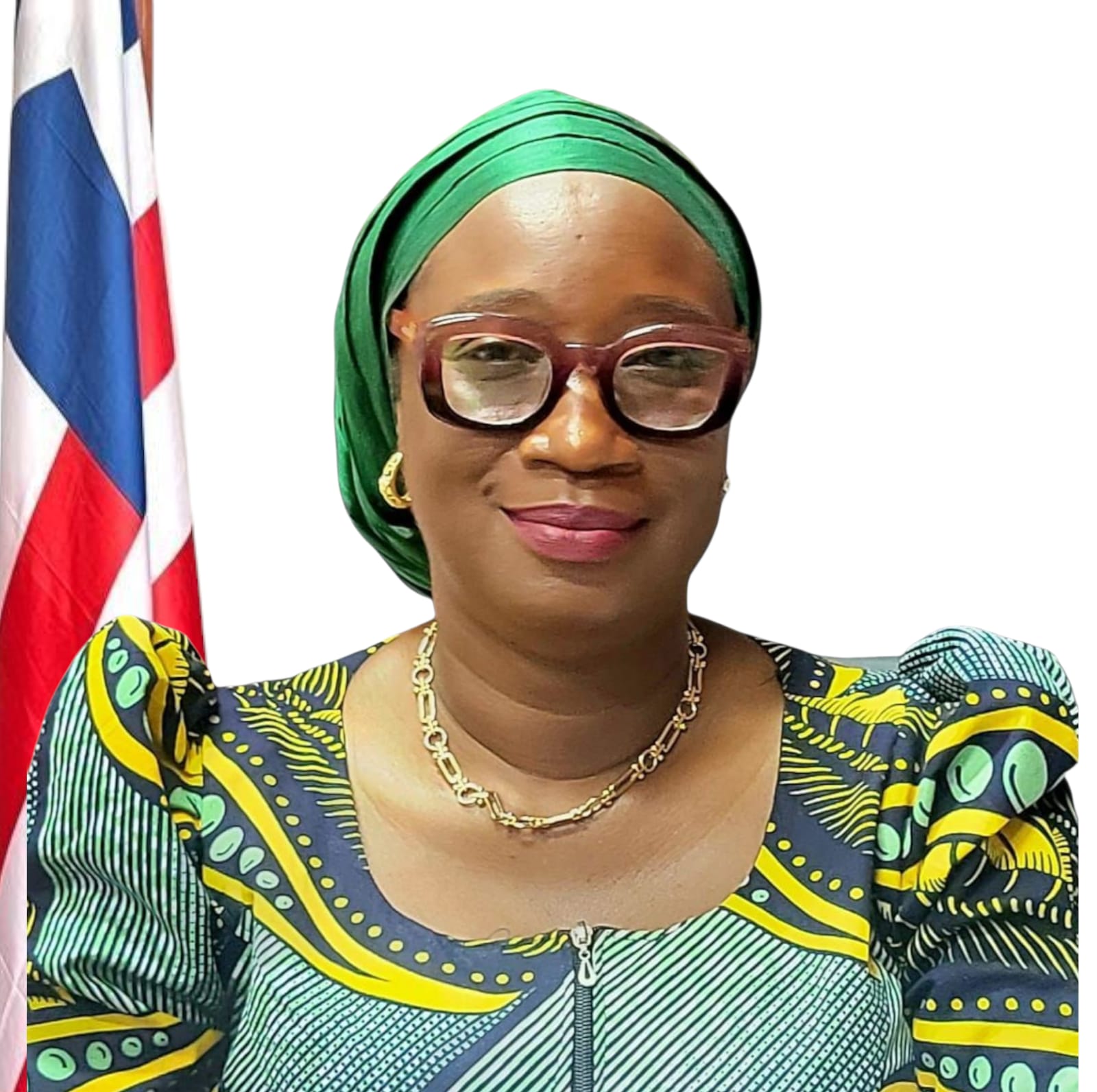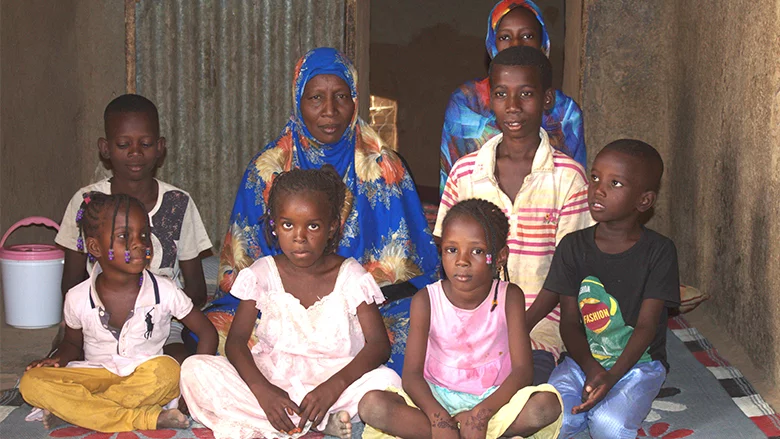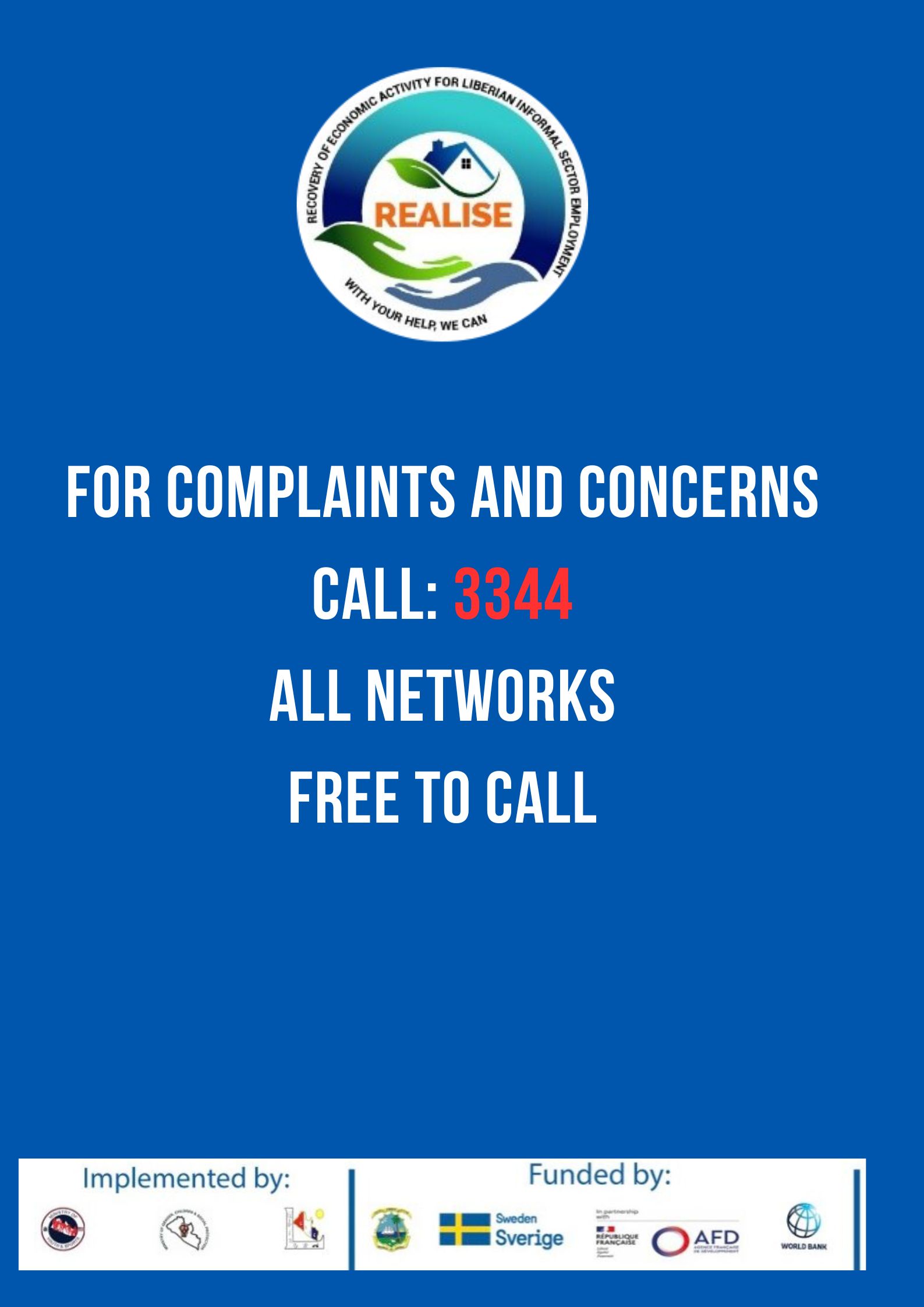The REALISE Project has successfully completed the recruitment of beneficiaries for its agriculture component, known as the Community Livelihood and Agriculture Support (CLAS), in eight counties across the Liberia. This significant milestone was achieved in Bomi, Bong, Gbarpolu, Grand Cape Mount, Grand Gedeh, Lofa, Sinoe, and Nimba Counties.
Preceding the recruitment phase was a series of consultations conducted at both county and community levels within each of the eight counties. These consultations served to engage local stakeholders and ensure the alignment of the project with the needs and aspirations of the communities. Following these deliberations, the project is now poised to initiate the distribution of tool grants to beneficiary working groups, thereby facilitating the commencement of agricultural activities.
The recruitment process was meticulously executed by the project team, which was divided into four groups tasked with covering the eight counties. Employing a transparent approach, every participant was afforded the opportunity to participate in a lottery, culminating in the selection of beneficiaries through a randomized process.
Addressing the beneficiaries in Lofa County, Project Coordinator Jesse Bengu emphasized the transformative potential of the project in addressing poverty and enhancing food security within the county. He encouraged the selected beneficiaries to seize the opportunity and leverage the support provided to elevate their livelihoods, stating, “As you are selected today, I want you to know that this project is here to help reduce poverty by uplifting individuals and communities to higher levels of prosperity.”
Each beneficiary working group (BFG) will receive a grant totaling $1680.00, designated for the procurement of essential tools and seeds necessary for agricultural endeavors. Additionally, communities will be allocated $1800.00 for the implementation of community-driven projects aimed at benefiting all residents. Moreover, each member of the beneficiary working group will receive stipends totaling $350.00 over the duration of the project, further incentivizing active participation and engagement.
Expressing satisfaction with the turnout and enthusiasm observed during the recruitment process, Mohammed Nasser, the Deputy Project Coordinator for Economic Inclusion and Component Manager of CLAS, underscored the community’s keen interest in promoting food security. He remarked, “We are genuinely excited to witness the high turnout in all the communities we have visited, signaling a strong commitment to advancing food security objectives. We are immensely encouraged by this display of enthusiasm and dedication.”
30

